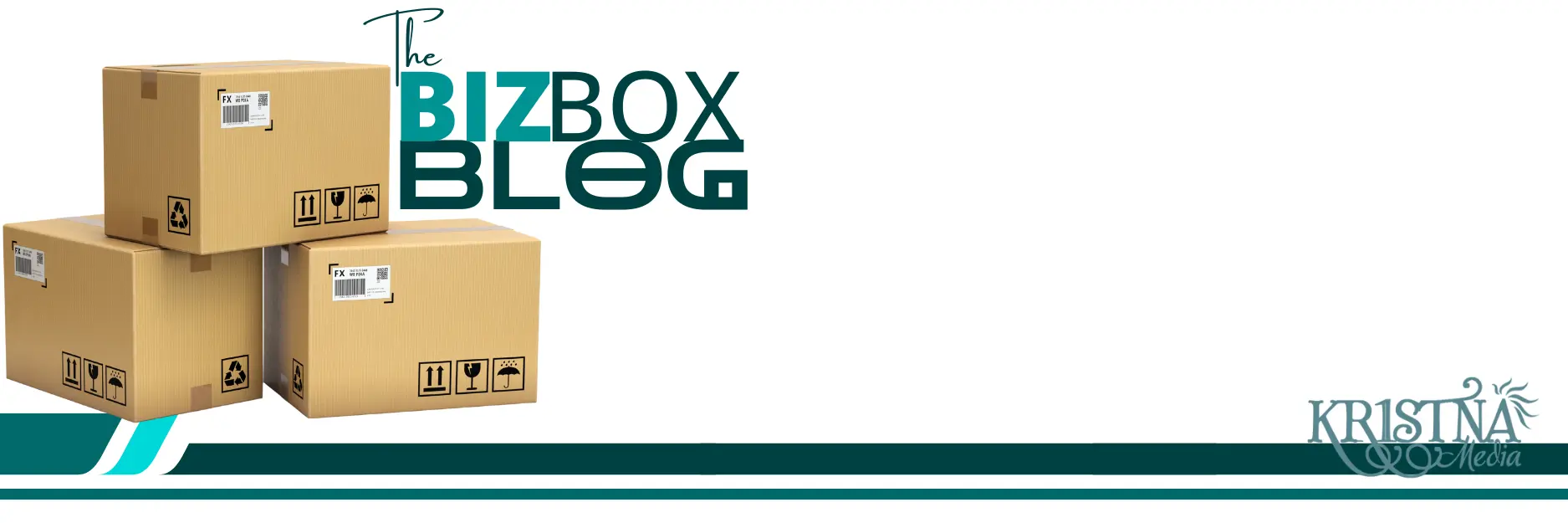In today’s highly competitive market, having a great product or service isn’t enough. Success relies heavily on empowering your sales teams with the right tools, resources, and knowledge to close deals effectively. This is where sales enablement comes into play. According to a study by CSO Insights, companies with effective sales enablement practices achieve a 15% higher win rate than those without. But what exactly does it take to enable your sales team to perform at their best? This guide explores 10 essential tools and strategies that every high-performing sales team should have in their arsenal.
1. Build a Strong Sales Playbook
A sales playbook is more than just a guide; it’s a roadmap that aligns your sales team with your overall strategy. It contains all the essential information your team needs, from prospecting techniques to objection handling and closing strategies.
- Quote from the Field: “A sales playbook isn’t just a guide—it’s a tool that empowers your team to sell with confidence and consistency,” says Jill Konrath, author of Agile Selling.
- Statistics to Support: According to a study by HubSpot, 74% of top-performing companies use a sales playbook to support their sales processes.
2. Invest in Comprehensive Sales Training
Regular training is essential to keep your sales team sharp and updated on the latest techniques, tools, and market trends. Training should cover various aspects, from product knowledge to sales tactics and negotiation skills.
- Fact: Companies that invest in ongoing sales training experience 50% higher net sales per employee, according to the Association for Talent Development (ATD).
- Strategy: Combine traditional training with e-learning modules, workshops, and role-playing exercises to ensure a comprehensive learning experience.
3. Optimize Your CRM for Maximum Efficiency
Your Customer Relationship Management (CRM) system is the backbone of your sales operations. An optimized CRM helps track customer interactions, manage leads, and provide valuable insights that enable your sales team to make informed decisions.
- Statistics: A report by Salesforce found that businesses using a CRM saw a 41% increase in sales productivity and a 27% increase in sales revenue.
- Best Practice: Ensure your CRM is user-friendly, integrates with other tools, and is regularly updated with clean, accurate data.
4. Leverage Content for Sales Enablement
Content isn’t just for marketing—it’s a powerful tool for sales enablement. Equip your sales team with case studies, white papers, product demos, and customer testimonials that they can share with prospects to build trust and credibility.
- Quote from the Field: “Content is king, but context is queen,” says Ann Handley, Chief Content Officer at MarketingProfs. Ensure your content is relevant to the buyer’s journey stage to maximize impact.
- Strategy: Create a centralized content library where sales teams can easily access the latest materials and tools.
5. Implement Sales Performance Analytics
Data-driven decision-making isn’t just for marketing; it’s critical for sales teams, too. Sales performance analytics tools can track key metrics like win rates, deal velocity, and average deal size to identify areas for improvement.
- Fact: A study by McKinsey found that data-driven organizations are 23 times more likely to acquire customers, six times more likely to retain customers, and 19 times more likely to be profitable.
- Tool Suggestion: Consider tools like Salesforce Analytics, Gong, or InsightSquared to provide actionable insights into sales performance.
6. Use Sales Engagement Platforms
Sales engagement platforms (SEPs) automate and streamline communication between sales reps and prospects, allowing for personalized, timely follow-ups. They integrate with CRMs to ensure no opportunity slips through the cracks.
- Statistics: Research by TOPO found that organizations using SEPs see a 20% increase in productivity and a 10% increase in revenue.
- Examples: Popular SEPs include Outreach, Salesloft, and Yesware, which help automate email sequences, calls, and follow-ups.
7. Equip Your Team with Sales Enablement Software
Sales enablement software centralizes resources, tools, and data, helping sales teams collaborate, learn, and sell more effectively. These platforms offer features like content management, training modules, and performance tracking.
- Fact: According to a report by Gartner, 60% of B2B sales organizations will transition from experience- and intuition-based selling to data-driven selling by 2025, and sales enablement platforms are critical in this shift.
- Tools to Consider: Look into solutions like Highspot, Seismic, and Showpad to provide a comprehensive sales enablement platform.
8. Develop a Culture of Continuous Feedback and Improvement
Encourage a culture where feedback is regularly given and received. Sales teams should feel comfortable discussing challenges and successes to continuously refine their approach.
- Quote from the Field: “Feedback is the breakfast of champions,” says Ken Blanchard, author of The One Minute Manager. Regular feedback helps sales reps identify strengths and areas for improvement.
- Strategy: Implement a feedback loop where sales managers hold regular one-on-ones and team meetings to discuss performance and growth.
9. Foster Cross-Functional Collaboration
Sales enablement isn’t solely the responsibility of the sales team. It requires close collaboration with marketing, product development, and customer service to ensure a unified approach to customer engagement.
- Fact: A study by LinkedIn found that companies with strong sales and marketing alignment achieve 208% higher marketing revenue.
- Best Practice: Establish regular cross-functional meetings and shared KPIs to ensure everyone is working toward the same goals.
10. Utilize AI for Sales Forecasting and Recommendations
AI can provide sales teams with insights into which leads are most likely to convert, suggest the best times to reach out, and even recommend tailored messaging based on past interactions.
- Statistics: According to Harvard Business Review, companies using AI for sales forecasting see a 10-15% increase in revenue and a 30-40% reduction in sales costs.
- Tools to Explore: Look into AI-powered platforms like Gong.io and Chorus.ai, which use conversational analytics to optimize sales calls and improve outcomes.
By implementing these essential tools and strategies, businesses can significantly boost their sales team’s performance, efficiency, and effectiveness. Sales enablement is no longer optional—it’s a strategic advantage that empowers your team to close more deals, faster.

Looking to empower your sales team with the right tools and strategies? At KR1STNA Media, we specialize in crafting tailored sales enablement solutions that drive results. Contact us today to learn how we can help you enhance your sales performance.



